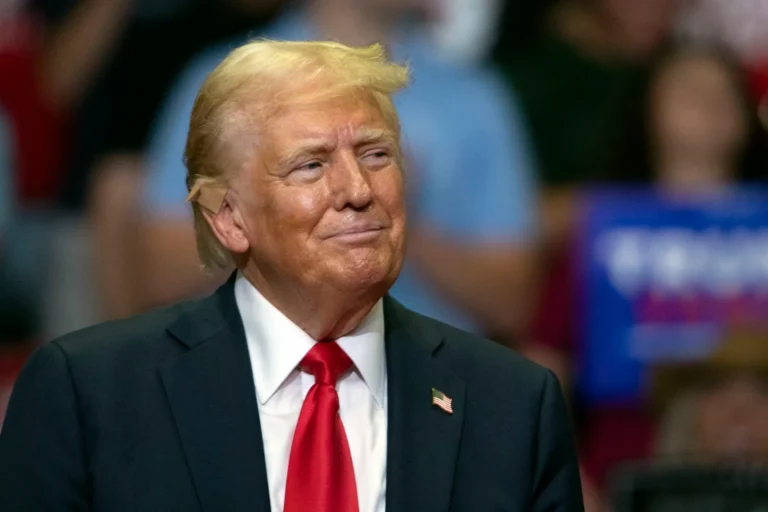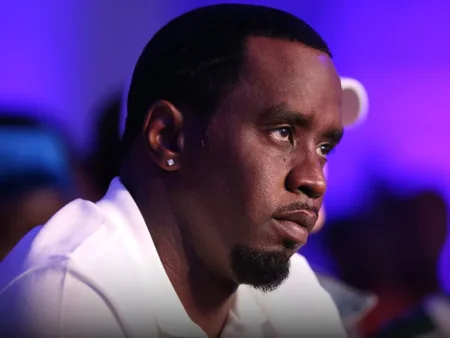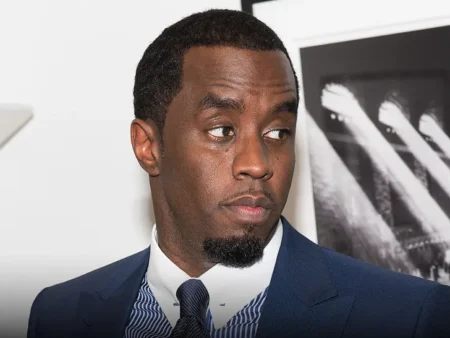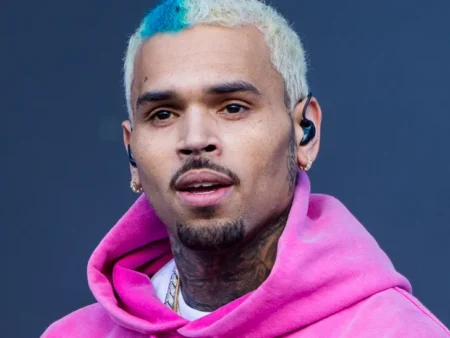On Monday, President Donald Trump took significant action to address the growing issue of price gouging in the live entertainment industry by signing an executive order aimed at curbing unfair ticket pricing practices. The order directs the Federal Trade Commission (FTC) to collaborate with Attorney General Pam Bondi to enforce competition laws and increase transparency in the ticket-buying process.
The signing ceremony took place in the Oval Office, with musician Kid Rock — a vocal Trump supporter who performed at the Republican National Convention in July — present to witness the event. Trump acknowledged that he hadn’t fully grasped the severity of ticket scalping until recently but recognized it as a growing concern.
Kid Rock Voices Concerns About Ticket Scalping
During the ceremony, Trump noted that Kid Rock had long been outspoken about the issue of exorbitantly high resale prices. “It bothers him. It bothers a lot of artists,” Trump said. “They set ticket prices at $100, and the next night, they’re selling for $2,000.” Kid Rock, whose real name is Robert James Ritchie, emphasized that fans deserve fair ticket prices.
He explained, “I want to make my tickets more affordable, but if I set them low, bots buy them up instantly and resell for hundreds more. That only enriches these bad actors.” Kid Rock’s comments highlighted the frustrations of many musicians who see their loyal fans being priced out by ticket scalpers.
Tackling Scalping and Bots: The BOTS Act Enforcement
One key element of Trump’s executive order is the enhanced enforcement of the Better Online Ticket Sales (BOTS) Act, which was enacted in 2016. This law gives the FTC the authority to take legal action against individuals and companies using automated bots to hoard tickets and inflate resale prices.
The issue of ticket scalping came to a head in 2022 when resale prices for tickets to Taylor Swift’s Eras Tour skyrocketed into the tens of thousands of dollars, triggering public outrage and prompting calls for Congressional action. In response, lawmakers accused Ticketmaster — the dominant player in the ticketing industry — of operating a monopoly. This led to an antitrust lawsuit filed by the Justice Department, along with 30 state and district attorneys general, against Ticketmaster’s parent company, Live Nation, accusing them of widespread market abuse.
Support for Regulatory Reform from Industry Stakeholders
In a statement to CNN, Live Nation expressed support for the executive order, recognizing the detrimental impact of scalpers and bots on fans trying to buy tickets at fair prices. “Scalpers and bots prevent fans from getting tickets at the prices artists set, and we thank President Trump for taking action,” the statement read. “We support any meaningful reforms, including stronger enforcement of the BOTS Act, resale price caps, and stricter regulations.”
Biden Administration’s Efforts to Address Hidden Fees
Trump’s order builds on previous efforts by the Biden administration to address consumer protection in the ticketing industry. In December, President Biden’s FTC finalized a rule that bans deceptive “convenience” or “service” fees, which have been known to inflate ticket costs at checkout, contributing to the overall rise in prices.
Live Entertainment’s Economic Impact
According to data from Oxford Economics, the live entertainment industry is a major economic force in the United States, generating a nationwide impact of $132.6 billion and supporting over 913,000 jobs as of 2019. Despite these economic contributions, rising ticket prices have sparked ongoing debates about consumer rights and fair practices in the industry.
As prices continue to climb, the conversation around ticket resale regulations and consumer protection is expected to remain a hot topic in the coming years. With efforts from both the Trump administration and the Biden administration aimed at curbing unethical practices, it seems that changes to how tickets are sold and resold could be on the horizon.








